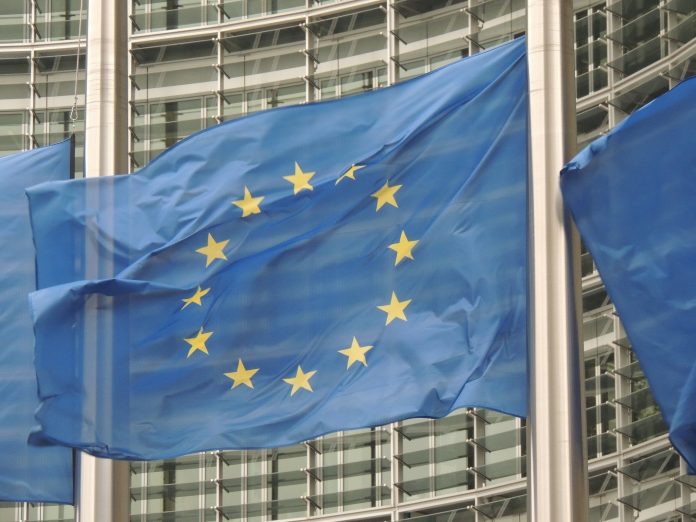Eight European banks have been formally accused by the European Commission of violating EU antitrust rules in order to distort competition when acquiring and trading European government bonds between 2007 and 2012. Brussels has informed the banks of its preliminary review.
The Commission has concerns that, at different periods between 2007 and 2012, the eight banks participated in a collusive scheme that aimed at distorting competition when acquiring and trading European government bonds (“EGBs”). Traders employed by the banks exchanged commercially sensitive information and coordinated on trading strategies. These contacts would have taken place mainly – but not exclusively – through online chatrooms.
EGBs are sovereign bonds issued in Euro by the central governments of the Eurozone Member States.
The Commission’s investigation relates to certain traders at eight banks and does not imply that the alleged anti-competitive conduct was a general practice in the EGBs sector.
The sending of a Statement of Objections does not prejudge the outcome of an investigation.
As reported by the Reuters news agency, the move by the European Commission’s powerful antitrust arm is the latest blow to the public image of Europe’s banks, which have paid out billions of euros in fines, including for rigging interest rate benchmarks used to price home loans.
If found guilty of breaching EU antitrust rules, the banks could face fines up to 10% of their global turnover.

